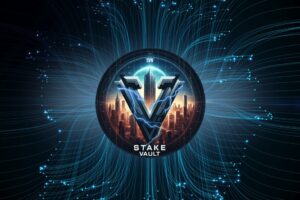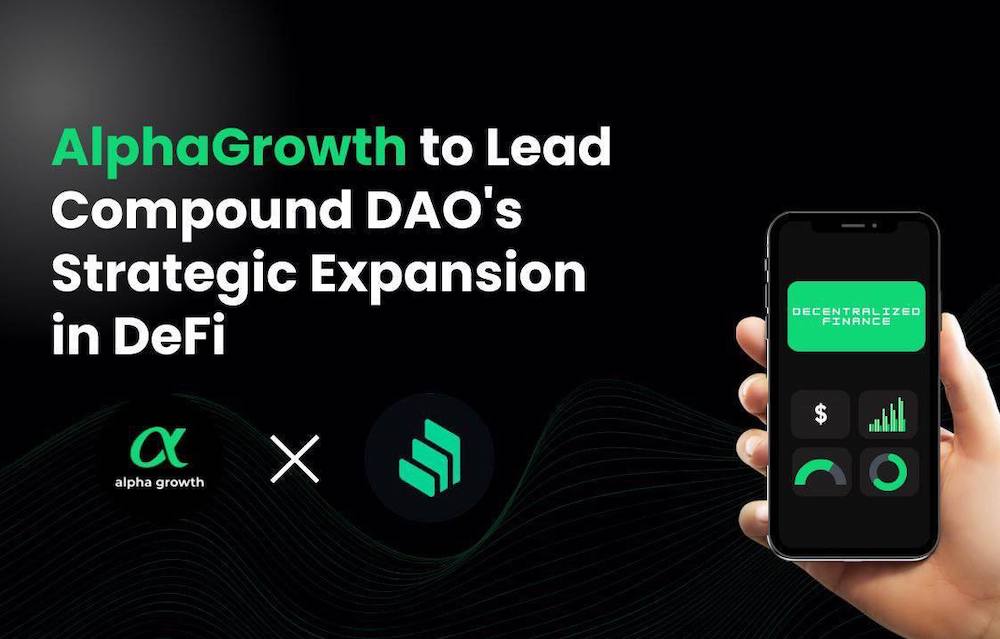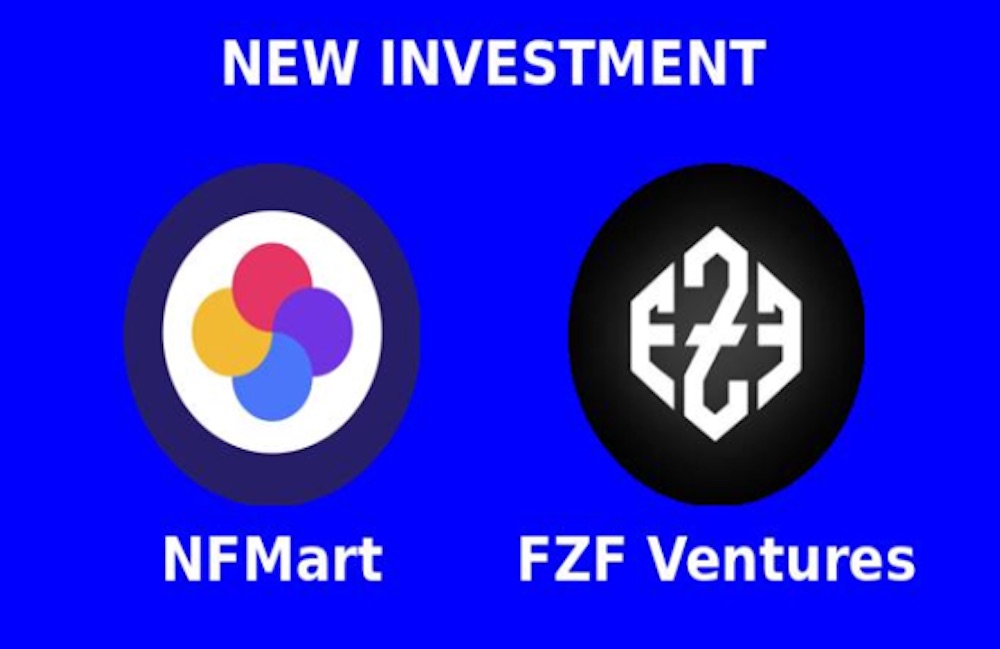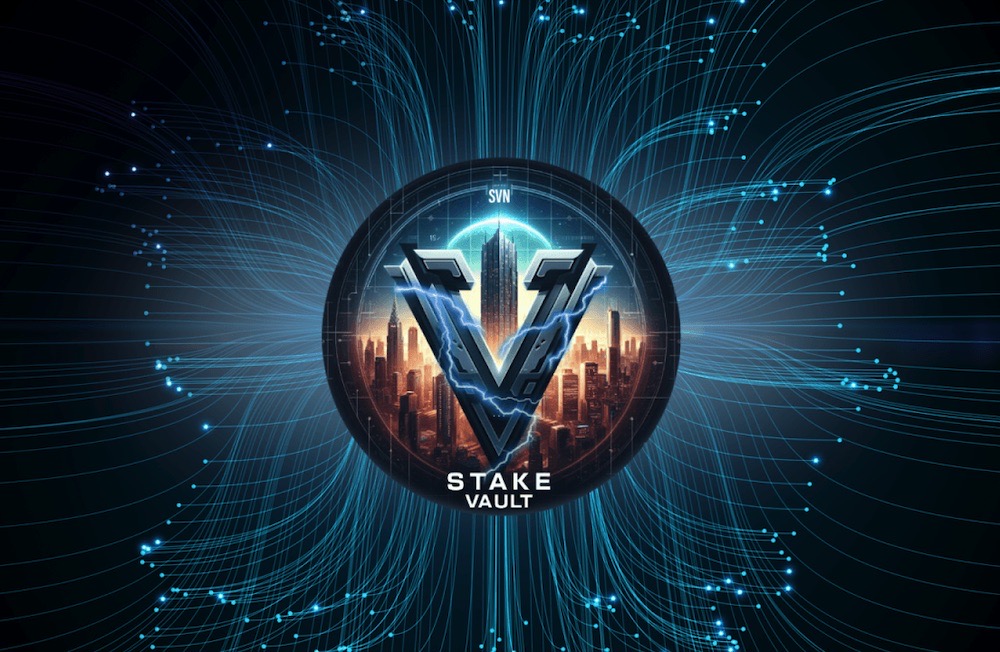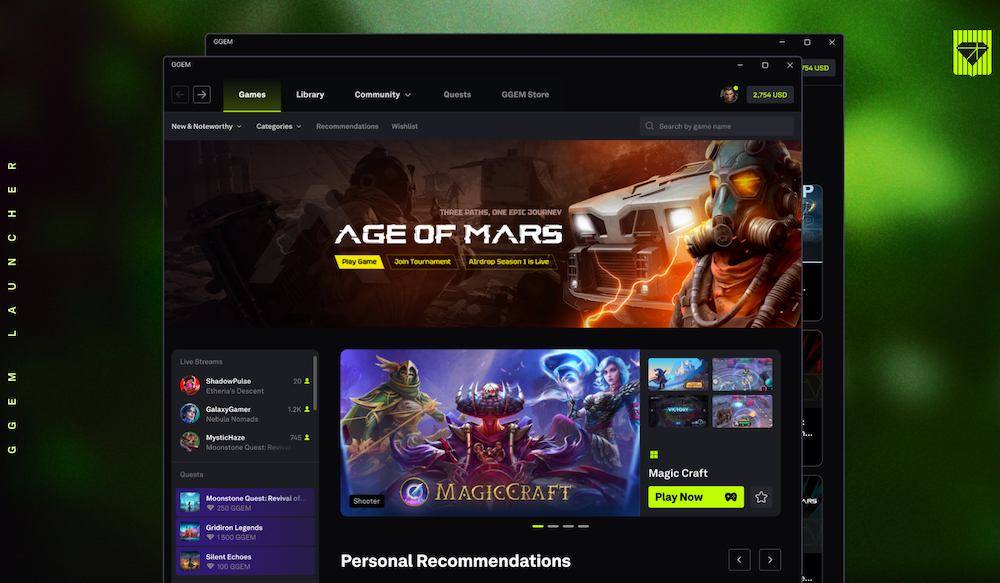Start-ups are driving ahead with plans to solve the issue of custody, or having a place to securely store cryptocurrency. For institutional investors that are used to having money safely stored or FDIC insured, where they would put their high-paying clients’ cryptocurrency is said to be the biggest question mark.
“Institutional investors are very interested in finding a solution, but they haven’t seen one that they think is perfect for various reasons,” said Monica Summerville, senior analyst at TABB Group specializing in financial technology. “They still self-custody, and manage all their own keys.”
Summerville works with one family office that stores clients’ cryptocurrency on tiny, USB drive-looking devices in order to guard against hacks. The devices they use are about the size of a baby carrot, and fund managers organize them in binders to keep money organized until there’s a better alternative.
Other smaller retail investors opt to keep cryptocurrency on an exchange or have their own offline, arguably safer methods called “cold storage.” But it’s more complicated for family offices and hedge funds. The Securities and Exchange Commission requires private funds to use a third party, like a bank or another regulated financial institution for those holding more than $150 million in assets.
In cryptocurrency, often the only thing standing between money and a hacker is what’s known as a “private key” or an alphanumeric code to access funds. Companies that manage these cryptographic keys are known as custodians, acting like traditional Wall Street custodians such as State Street and Bank of New York.
The race to custody
Crypto company BitGo is among the companies looking to fill that gap. On Thursday, it received a state trust company charter from the South Dakota Division of Banking, making it the only regulated custody offering that’s built just for storing digital assets.
“This is the missing piece for infrastructure — it’s a treacherous environment today” BitGo co-founder and CEO Mike Belshe told CNBC. “Hedge funds need it, family offices need it, they can’t participate in digital currency until they have a place to store it that’s regulated.”
BitGo is opening itself up to regulatory scrutiny that isn’t required for most cryptocurrency companies. The Palo Alto, California-based start-up will file financial audits, adhere to “know your customer” and anti money-laundering rules, and file monthly disclosures.
Belshe, who started as a software engineer at HP and Netscape, said BitGo will eventually look to become a broker-dealer, but he declined to give a timeline.
‘Plethora’ of opportunity
BitGo is not the only one plowing ahead on custody solutions. Coinbase, Gemini (run by the Winklevoss twins), Ledger and ItBit are also looking to be those trusted safeguards. Japanese bank Nomura announced plans in May to offer crypto custody. Goldman Sachs and Northern Trust are also reportedly exploring offering custodial services.
Sanford C. Bernstein is among the firms arguing that reputable custody is one of the biggest headwinds to institutional adoption of cryptocurrencies. Solving that problem could be one way to make money in the space, according to Bernstein.
“As the crypto-asset class seasons and institutional demand builds, there are a plethora of opportunities for traditional firms to engage in the eco-system,” Bernstein analyst Christian Bolu wrote in a note to clients in August. “These include the provision of custodial and asset management services as well as traditional brokerage functions like market-making.”
Part of the hesitation from institutional investors is headline risk. As of the end of June, $1.6 billion in cryptocurrency had been stolen from clients, according to CoinDesk’s 2018 State of Blockchain Report.
Hacks have also been an issue for bitcoin prices this year. Cryptocurrencies have lost more than 60 percent of their market capitalization since the beginning of this year, according to CoinMarketCap.com. Trading volumes of cryptocurrencies have also plummeted 65 percent while the price of bitcoin has fallen 50 percent this year. Despite waning interest, Belshe is betting that BitGo will at least still have cryptocurrency to store long-term.







